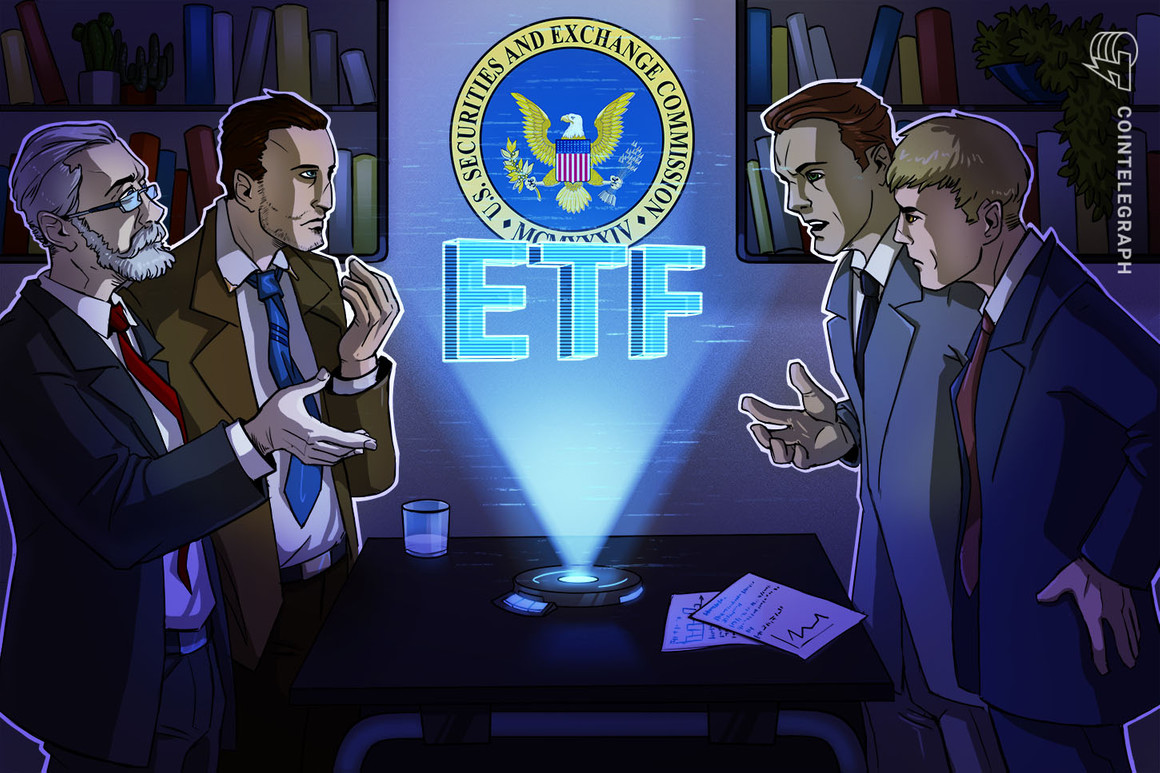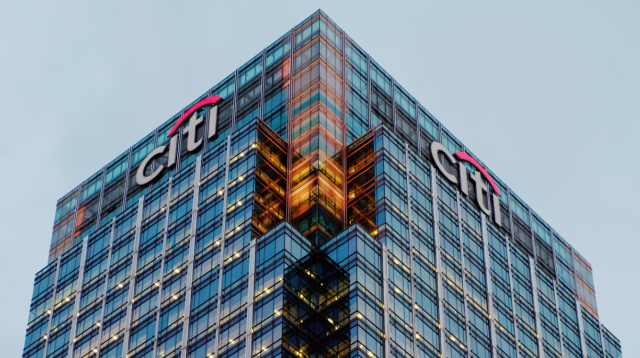The metaverse continues to gain a foothold in our lives, particularly ownership of digital land. Now, there's hardly a section of our existence that it hasn't touched. The current rave is gaming that incorporates nonfungible tokens (NFTs) and play-to-earn (P2E) models. And from the looks of it, it isn't going away any time soon.
Early adopters of the technology have found it a viable income-generating opportunity. That's the reason why projects in this space are jostling for market share. The adult gaming sector has caught on too. The growing number of R-rated blockchain games entering the market confirms this reality.
Sin City is looking to cater to the 18+ market segment and has an underworld theme with world-class backers.
Running on cross-chain technology, including the Polygon (MATIC) blockchain and Binance Smart Chain (BSC), the R-rated metaverse comprises 17 districts, each with its own unique properties and resources, which can be used to craft unique in-game items such as guns, supercars or trendy clothing in the form of NFTs.
Getting to know Sin City
The game hinges on players striving to create and expand their empires. To do so, you have to own land or join a faction, and Sin City has 15,000 plots, each measuring 10 m by 10 m (approximately 32.81 sq. ft).
You can acquire land in two ways, one of which is buying it. The platform will be holding its initial land sale on Dec. 27.
After purchasing the land, as a landowner, you can move to create your faction or join forces with other landowners to establish an affiliated one. A faction is a gang that you or other gamers own. You can only establish a faction in low-security districts. Alternatively, you may own land by working your way from the bottom as a soldier. In this case, you start by joining a faction already in existence, providing you protection and an avenue to access high rewards through obtaining in-game resources.
From there, you work your way up the hierarchy to lead it. A faction leader is likely to levy a tax for you to join their gang, but in return, you’re likely to have access to substantial rewards, depending on the strength of the underlying faction. Stronger factions are likely to yield greater influence over their districts and levy higher taxes.
Landowners and renters create revenue by building assets from their land. For instance, they can cultivate a drugs farm in the Cartel district. Alternatively, they could run a club in the Fashion District or a gentleman's club in the Red Light District.
Another way of expanding your resources is by engaging in gang warfare with other gamers. Sin City is a no-holds-barred game where factions feud over territory and resources. The strong ones gain more, improving their in-game characters. Some of the resources they fight for are drugs, expensive jewelry and bank loot.
Sin City divides the land into three security zones to spice up the game. That division implies the complexity and risk associated with a particular district.
The high-security safe zone attracts less risk and, therefore, less reward for gamers engaging in criminal activity or gang warfare. High-level policing defines the space and authorities are at hand to offer protection. However, there will be high-yielding rewards on offer for landowners or renters in terms of the resources available.
The second is the low-security zone characterized by factions fighting turf wars. The zone attracts moderate risk hence moderate rewards. If you’re from a weaker faction, you might lose in-game items such as guns and armory.
Finally, there's the zero security zone, where you have the battleground territories. It's a high-risk and high reward zone, with factions dueling viciously for resources. This will be filled with blood and gore, where only the strongest will survive.
Since launching on Oct. 17, 2021, the SIN token has attracted over 20,000 holders. The project's backers include Magnus Capital, AU21 Capital, Twin Apex Capital, Vulcan Forged and more, attracting mainstream attention.
Future plans
The Sin City metaverse has ambitious plans to host other protocols that fit the underworld theme. Including third-party casinos, an “Only Fans” type blockchain protocol and luxury car transporters. However, the initial land sale is likely to be one of the most hotly contested of all Metaverse projects in recent times.
Disclaimer. Cointelegraph does not endorse any content or product on this page. While we aim at providing you with all important information that we could obtain, readers should do their own research before taking any actions related to the company and carry full responsibility for their decisions, nor can this article be considered as investment advice.











